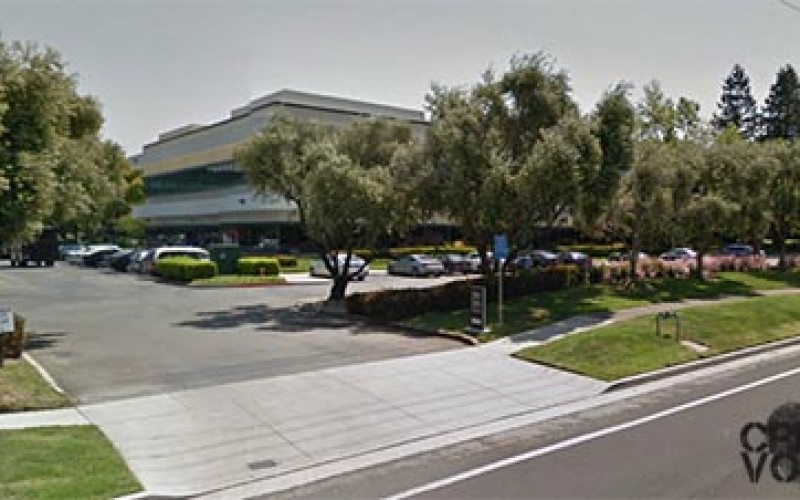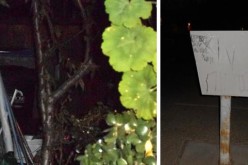Investors with Argento Development Group, (ADG) have been waiting for more 5 years to try and regain stolen investment funds from Robert Rinehart. The grand jury on Dec 5, 2012 accused Robert Rinehart of Argento Development Group (ADG), of 8 counts of wire fraud. His proceeds subject to civil forfeiture under title 18 U.S.C. § 981 9(a)(1)(c) and 28 U.S.C. §2461 (c). It is alleged that Rinehart solicited investors to transfer funds into an escrow account at Fidelity National Title Company under the control of ADG. Argento Development Group LLC was filed as a corporate entity six years ago on Friday, June 15, 2007, according to public records.
The complaint filed on behalf of the investors by the Department of Justice assumes that Rinehart had intentionally conducted criminal activity to defraud investors for more than three years. The U.S. District Attorney’s Office is asking the court to order a forfeiture of all proceeds and property as part of the sentence in the criminal case matter under the provisions of 28 U.S.C. §2461 (c).
Rinehart transferred the funds using the Federal Reserve System known as Fedwire. Rinehart knowingly transferred investor funds from First Republic Bank, Palo Alto Ca, to his personal bank account at Bank of America in Saratoga, California.
On six separate occasions Rinehart had transferred more than $76,000 into his personal account from one investor starting in Dec of 2007 ending in Jun 26, 2009.
Date: transfer of funds | Amount of withdrawal |
12/28/2007 | $15,000 |
02/13/2008 | $12, 000 |
3/25/2008 | $8,000 |
4/7/2008 | $38,000 |
9/29/2008 | $10,000 |
6/26/2009 | $5000 |
It was assumed that Rinehart intended to defraud his victims as early as 2007 when he started Argento Development Group (ADG). Rinehart’s told investors they were going to be participating in purchasing, fixing-up, and reselling bank-owned real estate properties (REO). In 2008 Rinehart changed his investment strategy in order to hide garnered funds. He told investors that he planned to invest in “new investment opportunities”.
Rinehart claimed that he was investing in international banking, oil and gas with fixed income securities transactions. Rinehart also claimed he was investing in mutual funds, bank trust departments and other independent brokers who advise and sell to retail and institutional bond investors. This was only added as a secondary measure to throw off the investors as to what had actually taken place.
When faced with returning funds Rinehart emailed an investor stating, “The new transaction is nearly identical to the previous one that we put on hold so I am not going to go into the details of it. All you need to know is that based on what has transpired over the last two weeks I anticipate having all of your money repaid fairly soon (four to eight weeks).”
It is believed that he continued to spend investment money from 2008 – 2011. Rinehart had sent numerous emails to clients telling them of bad investments, needing to add extra funds for new investments. During this time however he was spending investor money for his own self interest.
The case against Rinehart is expected to continue throughout 2014, as the Department of Justice seeks to recover lost investments diverted by Rinehart
Read More:
Santa Cruz Patch (2012): Robert Rinehart Charged with $500,000 Fraud















